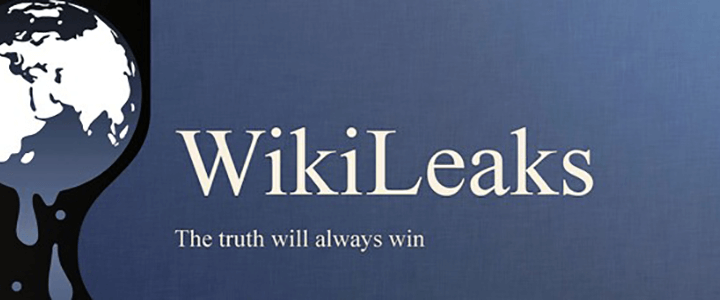You may not remember W. Mark Felt, but you probably remember Deep Throat. If you don’t remember Woodward and Bernstein, you probably remember All the President’s Men. And whether or not you’re old enough to remember seeing Nixon resign (I do, just barely, but only because my father sat me in front of the Zenith and said, “Watch this. It’s important.”), you probably remember Watergate. The story of Deep Throat and Watergate is my generation’s story of the quintessential “leak for the public good.” Millennials have Edward Snowden and Chelsea Manning.
“While unauthorized disclosures of classified information are often prized by reporters as indispensable for independent national security journalism, they can be cause for trepidation among the government officials who have to manage their consequences,” writes Steven Aftergood in “Dozens of Leak Referrals Sent to DoJ Each Year.” Aftergood, Director of the Federation of American Scientists (FAS) Project on Government Secrecy, makes an interesting point: the Department of Justice investigates only a fraction of classified leaks reported to them each year.
SOME PIGS ARE MORE EQUAL THAN OTHERS
According to the report to Congress that Aftergood cites, the Senate Judicial Committee maintains that “[a]s a matter of national security and employment discipline, it is important that leakers face repercussions for improper disclosure of classified information.” But Aftergood notes from the same report that “[o]nly a fraction of such leak referrals ever lead to an investigation . . . and only a fraction of the investigations result in criminal prosecution.” Puzzling. You’d think that every compromise of our national security would be investigated, and then every substantiated charge prosecuted, à la Manning.
Not so. But why not?
Well, it could be that some reported leaks aren’t really leaks at all, but simple misunderstandings set straight after a cursory look. Or, it could be that there’s often simply not enough information for the FBI to investigate an alleged leak.
Or, something more nefarious could be going on.
Cynical Jack Schafer observed in the wake of Snowden’s disclosures, “Secrets are sacrosanct in Washington until officials find political expediency in either declassifying them or leaking them selectively.” Schafer argues, “The willingness of the government to punish leakers is inversely proportional to the leakers’ rank and status . . . .” Which seems probable in light of the FBI’s decision to let Hillary Clinton walk in spite of her security compromises, but improbable in light of David Petraeus, who was taken to task (though, not to the extent one would expect of an average Joe doing the same thing).
So, while it’s apparent that if you leak classified information there may be a reasonable probability you’ll never be prosecuted, especially if you’re rubbing elbows on Pennsylvania Avenue, I’d avoid taking the chance unless you’re ready to fall on you sword for some unquestionably noble purpose.
For me, I’m always quickly discovered.




